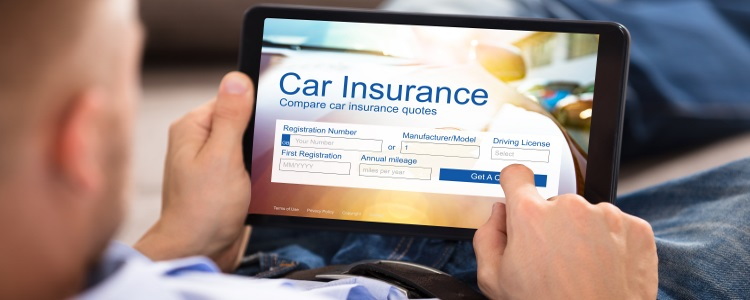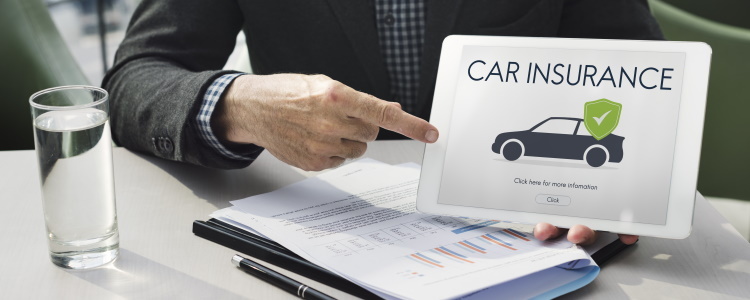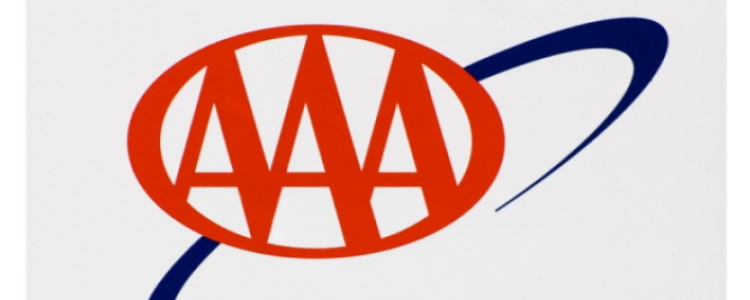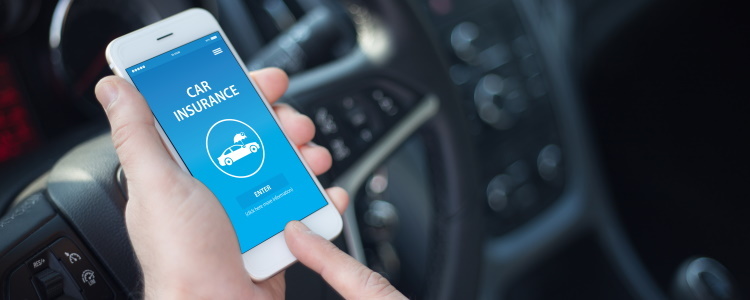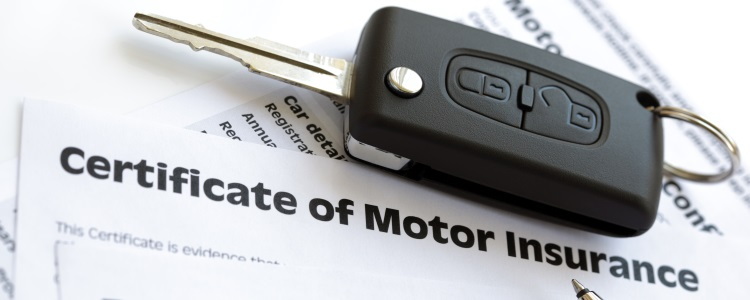No matter where you purchase a car, lenders require you to have full coverage insurance for your vehicle. It’s also illegal in most states to drive with no insurance. So, if you finance a car, what exactly will you need for coverage?
What Coverage Do I Need for a Financed Car?
What type of car insurance coverage you’re required to have depends on where you live in the US. All states, except New Hampshire, require vehicles to be covered by liability insurance, which includes body injury coverage and property damage coverage. Keep in mind that some states may also require additional coverage such as personal injury protection (PIP) and uninsured/underinsured motorist coverage.
PIP coverage is similar to bodily injury coverage, and is designed to cover medical expenses and lost wages for you and any passengers. Examples of states that require PIP insurance include Michigan, Pennsylvania, and Florida.
Uninsured/underinsured coverage pays for any injures you sustain in an accident caused by a driver with little to no insurance. Examples of states that require uninsured/underinsured insurance are Illinois, Oregon, New York, and the District of Columbia.
In addition to state requirements, when you finance a car, the lender requires you to purchase two additional types of insurance: collision, which covers vehicle damage in an accident, and comprehensive, which covers damage to the car not caused by an accident such as flooding, fire, or theft.
What is the Least Amount of Coverage I Can Have?
Simply put, the least amount of coverage you can have on a financed car is what the state and lender require you to have. Keep in mind that the coverage amount varies, and if you choose to, you can always purchase additional coverage such as GAP insurance, which covers the “gap” between the vehicle’s actual cash value and amount you owe on the loan contract.
Most car owners are underwater on their loan at some point, so GAP insurance is a great coverage option when financing a car. Discuss with your lender or dealer if GAP insurance would be a good option for you, as well as other auto insurance options available.
The Bottom Line
It’s never a good idea to finance a car without having insurance. Not only is it illegal, it can really hurt you financially if you’re involved in an accident. If you’ve recently been in an accident and totaled your car, you might not know where to turn to get a new one – especially if you have bad credit. Don’t stress out, and let Auto Credit Express help.
We connect car buyers to dealerships in their area that specialize in helping people with imperfect credit get into new and used car loans. Our service is free of cost and obligation. Start with confidence by submitting our auto loan request form today.



